
Among the most beautiful healing miracles in the Qur'an is the restoration of Prophet Ya'qub's (Jacob's) sight through his son Yusuf's (Joseph's) shirt. Not through Yusuf's direct touch, not through his prayer, but through a piece of clothing that had absorbed so much of his spiritual light that it carried healing power across great distances.
Yusuf, after years of separation from his family, sent a message to his elderly father through his brothers:
"Go with this shirt of mine, and cast it over the face of my father, he will become clear-sighted, and bring me all your family." [Qur'an 12:93]
What happened next reveals the extraordinary nature of spiritual light—how it can saturate objects, travel through space, and restore what seems permanently lost.
Ya'qub had gone blind—whether from the tears he shed grieving for Yusuf, from age, or both, the Qur'an doesn't specify. What matters is that his physical eyes could no longer see. But his inner eye, his spiritual perception, remained extraordinarily sharp.
When the caravan carrying Yusuf's shirt was still far away—miles of desert between them—Ya'qub suddenly declared:
"I do indeed feel the smell of Yusuf, if you did not think me weakened in mind." [Qur'an 12:94]
His family dismissed this as the delusion of an old man clinging to impossible hope. But Ya'qub wasn't smelling fabric or perfume. He was perceiving the Nur emanating from Yusuf's shirt—spiritual light so intense it could be sensed across vast distances by someone spiritually attuned.
This teaches us something profound: The righteous can perceive spiritual realities that others cannot. While his physical sight was gone, Ya'qub's spiritual senses were so refined through decades of devotion that he could detect his son's light approaching before anyone else knew.
Why did this shirt carry such power?
Direct contact with a prophet: This wasn't just any clothing. It had been in constant contact with Yusuf's body—his skin, his energy field, the Nur that radiated from him. Day after day, night after night, this fabric absorbed the spiritual frequency of one of God's chosen prophets.
Yusuf's extraordinary light: Yusuf wasn't just any righteous person. He was a prophet who had endured slavery, false accusation, imprisonment, and exile with perfect patience and trust in God. His spiritual purification through these trials, combined with his prophetic nature, meant he carried exceptional Nur.
Intentional transmission: Yusuf specifically chose this shirt and sent it for healing. This wasn't accidental—he knew what it carried and deliberately directed it toward his father's restoration.
The result? When the shirt was placed on Ya'qub's face:
"He became clear-sighted. He said: 'Did I not say to you, "I know from God that which you know not."'" [Qur'an 12:96]
Instant, complete restoration. Eyes that had seen nothing for years suddenly seeing clearly again, the moment blessed fabric touched them. This wasn't gradual healing or partial improvement—it was total, immediate transformation through contact with light-saturated material.
This story reveals a principle that operates constantly but invisibly: Physical objects absorb and retain the spiritual energy of what they contact.
Think about it in terms of modern science: everything is vibrating at specific frequencies. When two things are in prolonged contact, their vibrations influence each other. A tuning fork will make another tuning fork vibrate at the same frequency through resonance.
Now apply this to spiritual reality: Yusuf's body carried a high spiritual frequency (Nur). His shirt, in constant contact with that frequency, gradually attuned to it. The fabric's very molecular structure became imprinted with his spiritual signature. It didn't just carry his scent—it carried his light.
This is why:
Items belonging to righteous people carry barakah. Not through superstition, but through this principle of spiritual absorption and transmission.
Clothing worn during worship feels different. Your prayer garments, when used repeatedly for salah, absorb the spiritual state of devotion and carry it even when you're not praying.
Sacred spaces maintain their energy. Places where intense worship has occurred for years hold that spiritual frequency. You feel it when you enter—a tangible shift in atmosphere.
Objects used for healing become healing tools. A cup consistently used for blessed water, a cloth used to wipe over the sick, prayer beads used for decades of dhikr—they all become saturated with the spiritual energy of their use.
Ya'qub said he could "smell" Yusuf. This is significant—he didn't say "sense" or "feel," but specifically mentioned smell, the most evocative of our senses, the one most directly connected to memory and recognition.
In Islamic tradition, spiritual light often manifests as beautiful fragrance. The Prophet Muhammad (peace be upon him) had a scent more beautiful than musk. Paradise is described as having unimaginable fragrance. The righteous are said to emit pleasant scents.
This isn't metaphorical. Spiritual light, when sufficiently concentrated, can affect physical reality—including producing actual, perceivable fragrance. Ya'qub's words suggest he literally smelled something beautiful approaching, though his family—less spiritually sensitive—noticed nothing.
The more spiritually awakened you are, the more you can perceive subtle realities. Ya'qub, despite physical blindness, had sight far surpassing his sons. He perceived what they couldn't because his inner faculties were so developed.
This is why consistent spiritual practice matters. You're not just performing rituals—you're developing subtle perception, refining your ability to sense spiritual light, training yourself to recognize divine presence in ways others miss.
We don't have shirts from prophets. But we can apply the same principle:
Clothing worn by the righteous: If you're blessed to receive something from a person of genuine spiritual depth—a scholar, a saint, someone of profound piety—treat it with reverence. It carries something of their light.
Your own blessed items: The Qur'an you recite from daily, the prayer rug you've prostrated on for years, the shawl you wear for worship—these aren't just objects anymore. They've absorbed your devotion, your tears, your dhikr. They carry light.
Healing cloths: Some practitioners soak fabric in blessed water, recite extensively over it, then give it to people to wear or keep near them. The cloth becomes a carrier of healing energy, working continuously.
Using items intentionally: When you want to transmit blessing to someone far away, recite over something that will go to them—a gift, clothing, anything they'll use or wear. You're following Yusuf's model of distance healing through blessed objects.
Notice that Yusuf wasn't present. He sent the shirt across hundreds of miles. Yet it worked perfectly because spiritual light isn't limited by physical distance.
This has profound implications:
You can recite over water and send it to someone across the world—the light travels with it.
You can make du'a for someone far away while placing your hand over an object that will reach them—your healing intention is transmitted.
You can prepare blessed items for people you may never meet physically—the Nur you've infused into those objects will work regardless of your proximity.
Spiritual reality operates in different dimensions than physical reality. Light transcends space. This is why prayer works across distances, why intention matters more than physical presence, why Yusuf's shirt could heal Ya'qub despite the vast desert between them.
When Ya'qub's family brought the shirt, they might have been skeptical. But Ya'qub received it knowing—absolutely certain of its source and power. His words prove this: "Did I not say to you, 'I know from God that which you know not.'"
He had maintained faith when everyone thought him delusional. He trusted in spiritual realities others couldn't perceive. And his faith was vindicated instantly and completely.
Your faith in blessed objects affects their effectiveness for you. Not because the blessing isn't real, but because faith opens your receptivity. Two people can receive the same blessed water—one drinks it with certainty and complete trust, the other with doubt and skepticism. The first experiences transformation; the second notices little difference. Same water, same blessing, different receptivity.
This is why Ya'qub's sight returned immediately while others who touched the shirt might have experienced nothing. He recognized what he was receiving. He had the spiritual sensitivity to perceive and absorb the Nur the shirt carried.
While you can't replicate a prophet's light, you can create blessed items that carry real healing power:
Saturate clothing with Qur'an: Recite extensively over garments meant for someone sick or struggling. Let the verses penetrate the fabric. The clothing becomes a continuous source of healing energy.
Use blessed water in washing: When you wash clothes—especially those for children or the ill—add blessed water to the wash. The fabric absorbs it, carrying protection and healing.
Designate healing cloths: Keep specific fabrics for healing work. Repeatedly recite over them, use them to wipe over the sick, let them absorb healing energy through consistent use. Over time, they become powerful tools.
Wear your devotion: The clothes you pray in regularly, especially during deep spiritual states, begin carrying that energy. They can comfort you even outside prayer times, reminding your body and soul of that devoted state.
Some might ask: Why use a shirt? Why not just restore Ya'qub's sight directly through divine decree?
Because God often works through means, through natural laws and spiritual principles, even when He could bypass them entirely. The shirt teaches us:
Physical reality matters. We're not just spirits—we're embodied beings. Healing often comes through material means infused with spiritual power.
Objects can be sacred vessels. Matter isn't opposed to spirit; it can carry and transmit spiritual realities.
Connection remains despite distance. The shirt was a tangible connection between father and son, carrying not just healing but love, recognition, reunion.
Faith is demonstrated through action. Yusuf's brothers had to carry the shirt, Ya'qub had to receive it—their actions participated in the miracle.
Ya'qub's blindness wasn't just physical—it represented the darkness of separation, grief, and incompleteness. When his sight returned, it signaled more than restored vision. It meant reunion was imminent, grief was ending, the long story of separation was finally resolving.
The shirt didn't just heal eyes—it healed a heart that had been broken for decades.
This is what blessed objects can do: they don't just treat symptoms; they address the deeper spiritual and emotional wounds that physical ailments often represent.
When you use blessed water, sacred objects, healing cloths—you're not just targeting disease. You're inviting divine light to touch the totality of someone's being, addressing wounds at every level, bringing wholeness that transcends merely fixing what's broken.
May God make us sensitive to His light in all its manifestations. May we recognize blessing wherever it appears—in people, in places, in objects that carry sacred energy. May we learn to create, use, and benefit from items that have been saturated with divine light. And may we, like Ya'qub, maintain faith in spiritual realities others cannot see, trusting that healing comes from God through whatever means He chooses. Ameen.
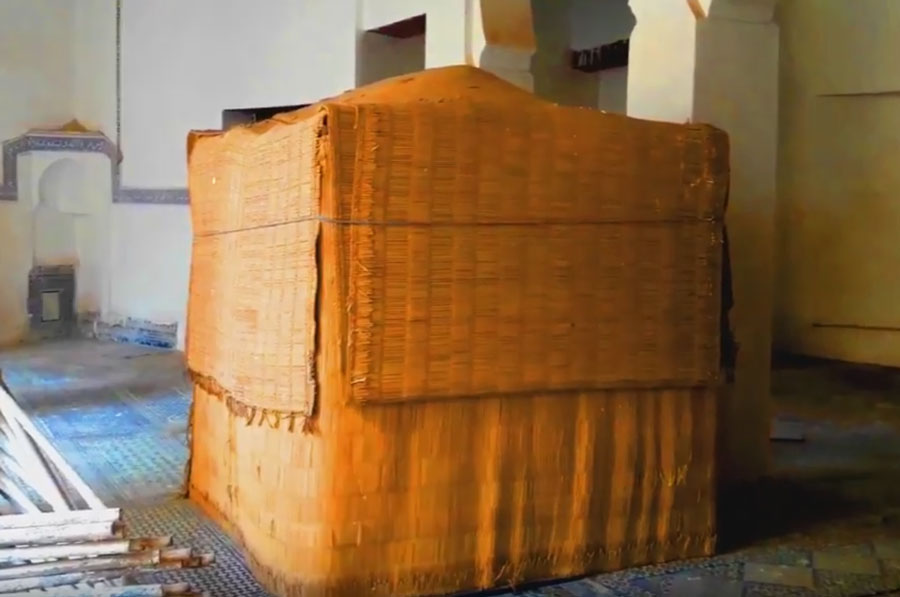
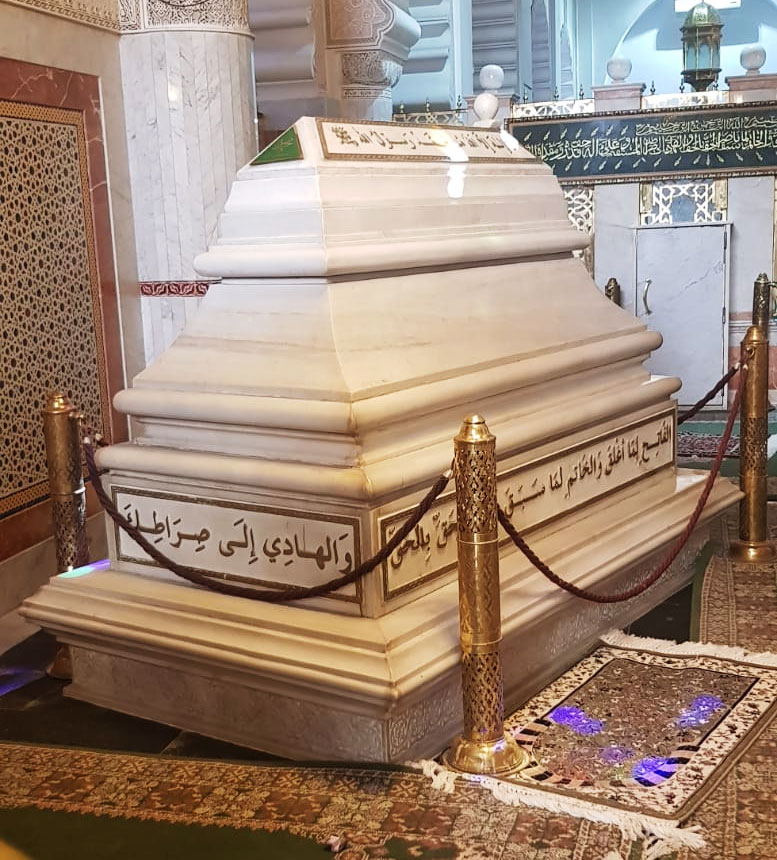

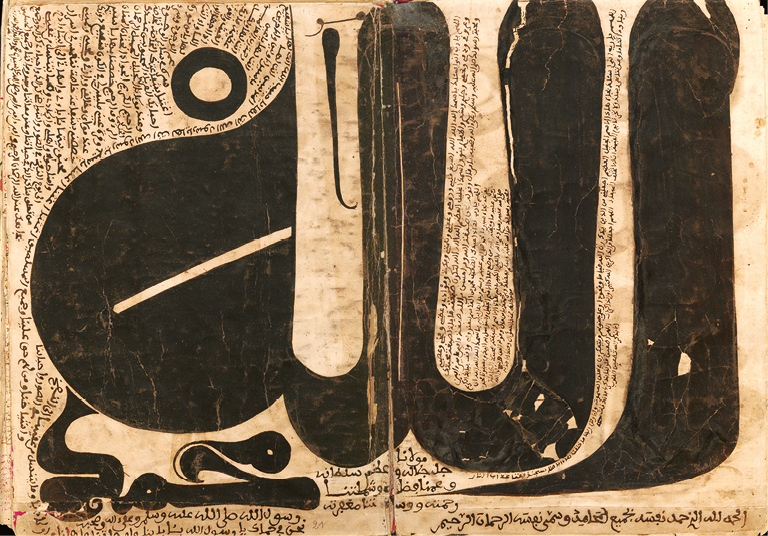
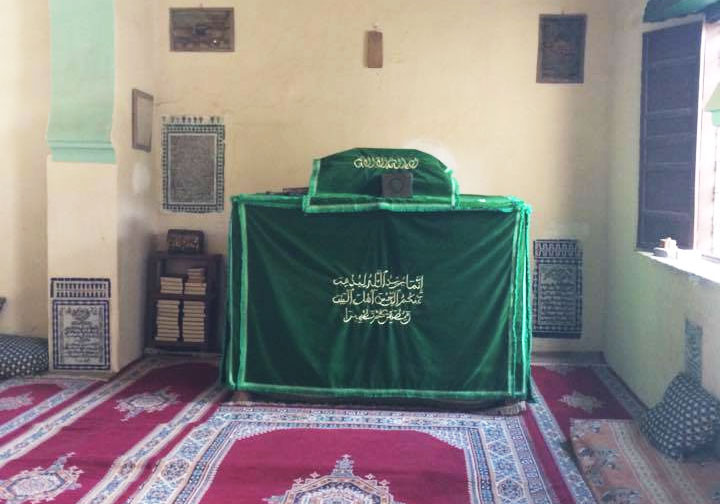

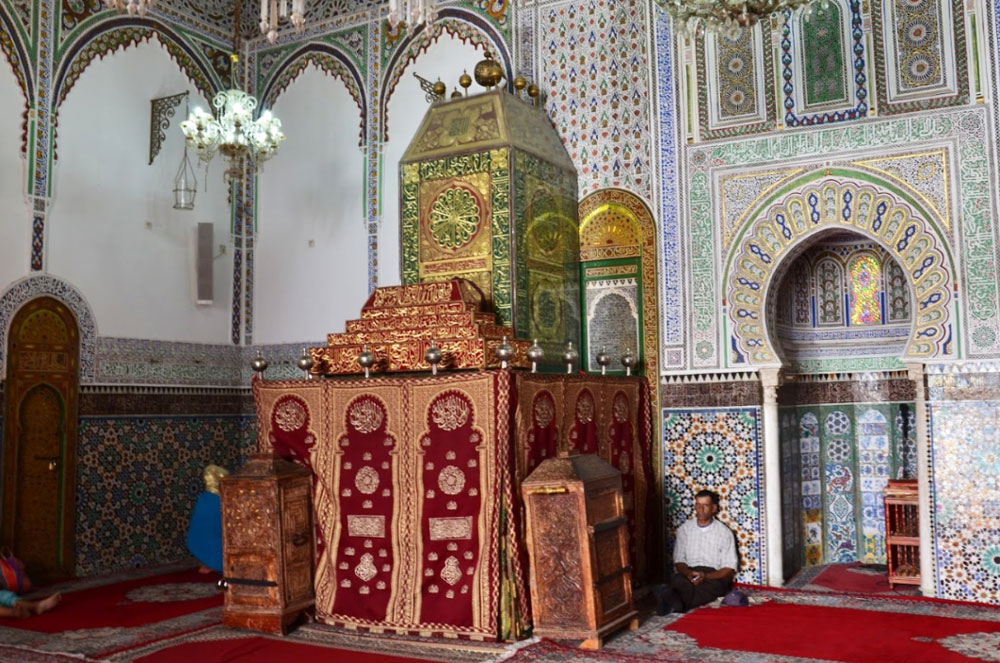
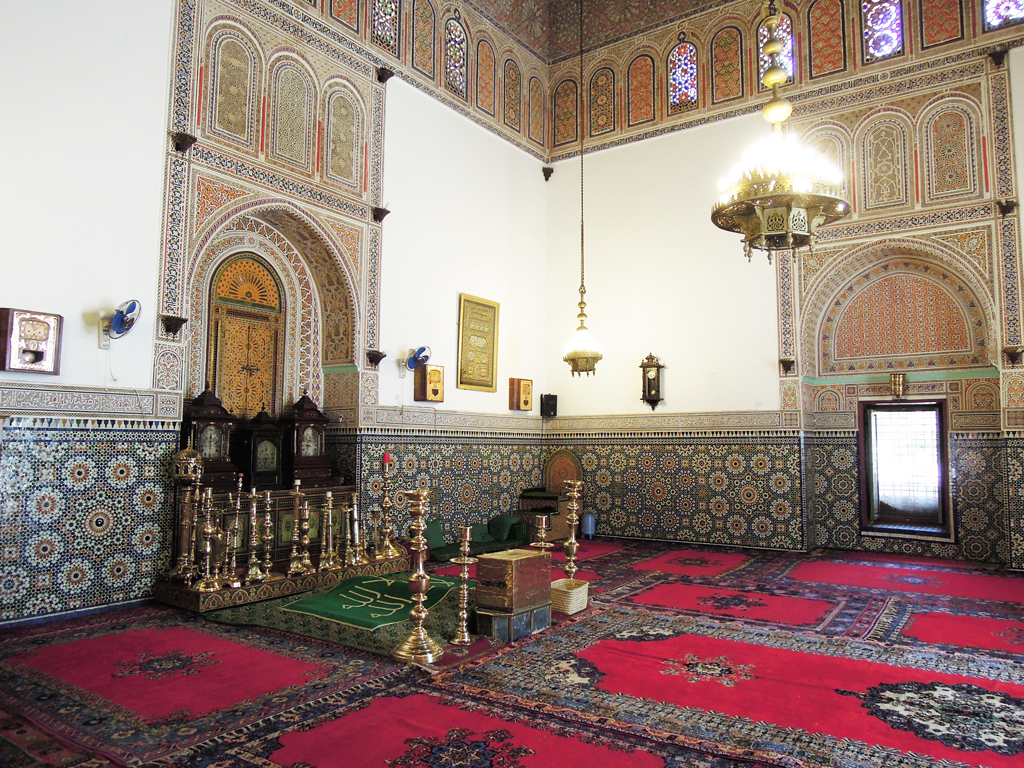





























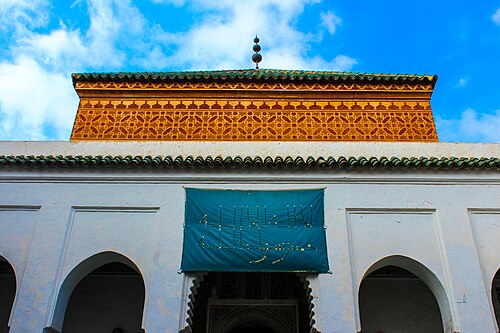
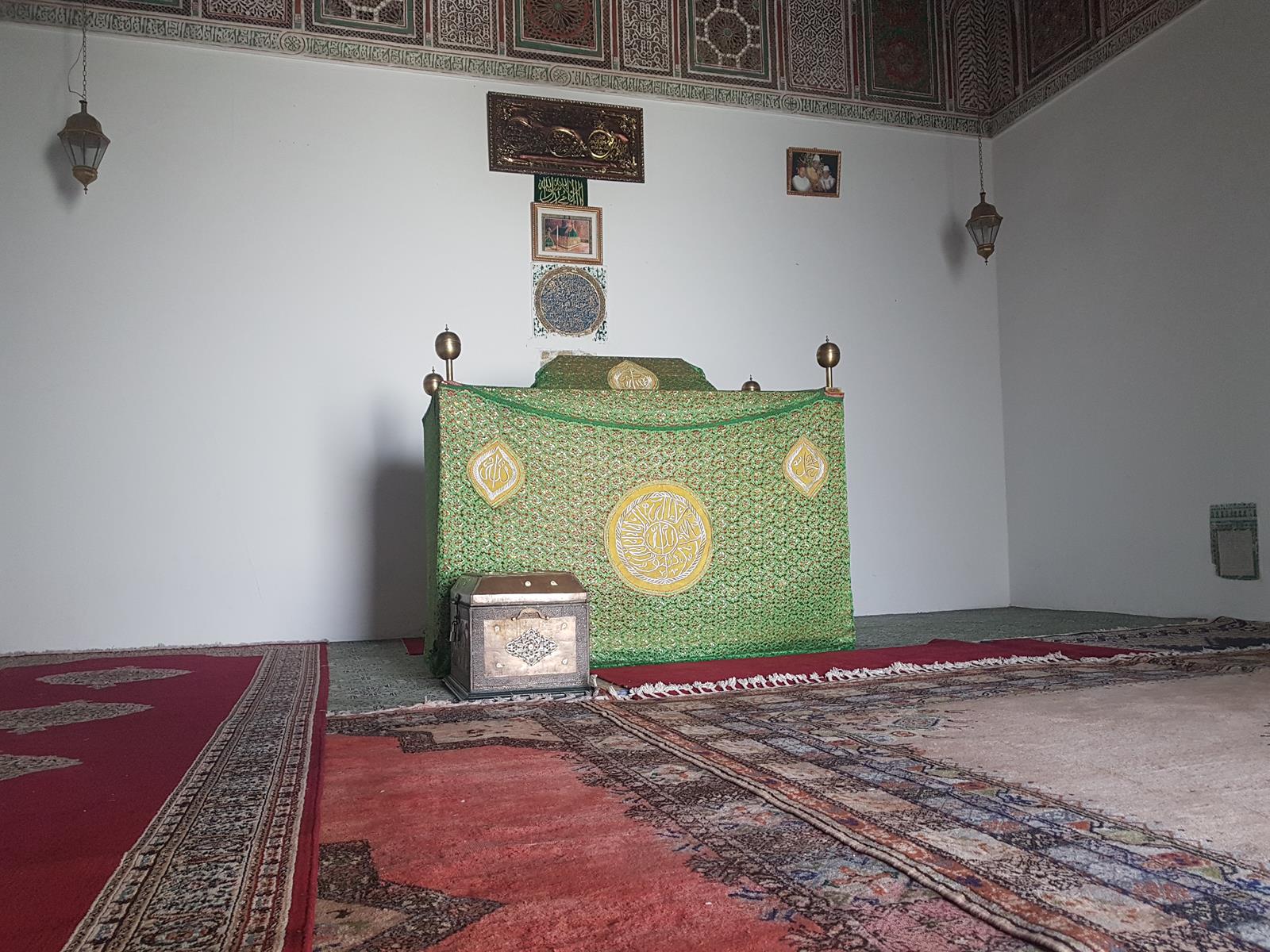




Find all our meditations on the Nur App!
Experience tranquillity through Qur'anic recitations and meditations on our Nur App and develop healthy spiritual routines to maintain your God-given Nur (light).
